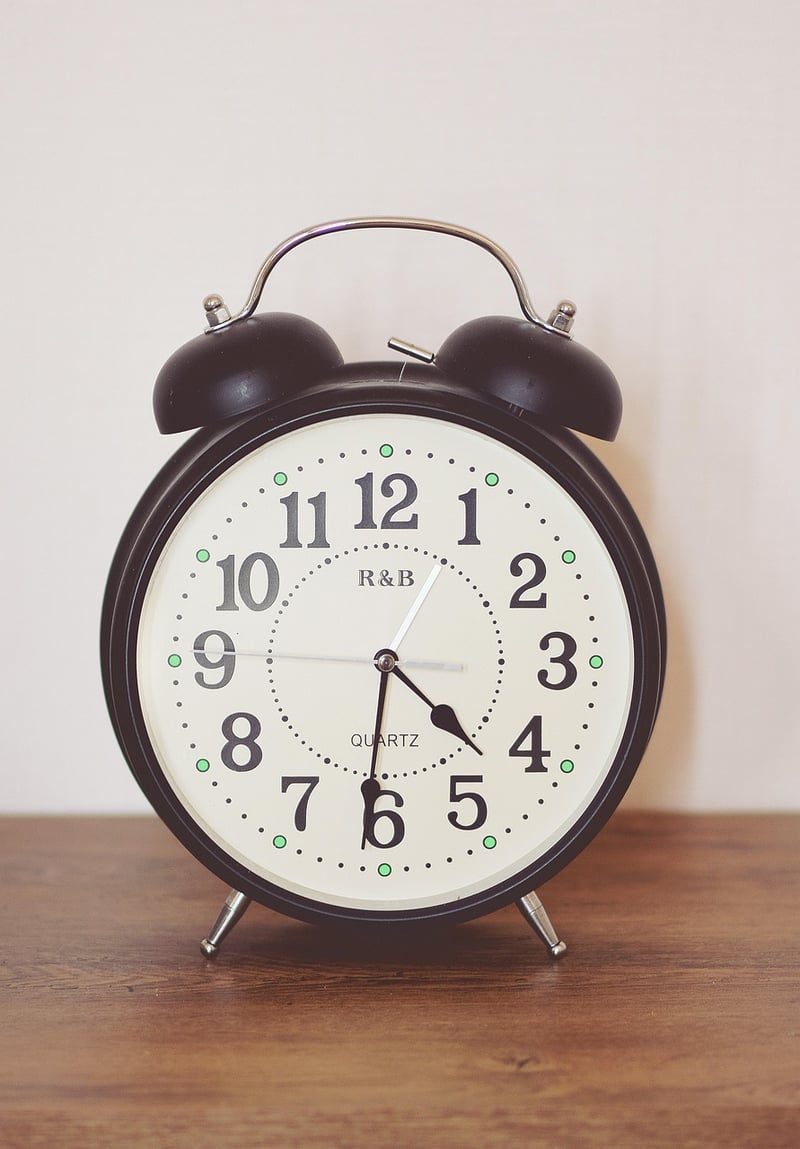Temporal Loops
Unraveling Time Paradoxes and Temporal Loops

Time travel has long been a fascinating concept in science fiction, leading to discussions about time paradoxes and temporal loops. These mind-bending phenomena often leave us questioning the fabric of reality and the consequences of meddling with the past or future.
What are Time Paradoxes?
A time paradox occurs when a time traveler inadvertently changes the past in a way that makes it impossible for the present to exist as it does, creating a contradiction. One of the most famous examples is the grandfather paradox, where a person travels back in time and prevents their grandfather from meeting their grandmother, thus preventing their own birth.
Understanding Temporal Loops
Temporal loops, on the other hand, are recurring sequences of events where the outcome is the same or similar each time, creating a loop in time. These loops can be stable, where events always play out the same way, or dynamic, where changes can occur with each iteration.
Resolving Time Paradoxes
Various theories have been proposed to resolve time paradoxes, such as the Novikov self-consistency principle, which suggests that any actions a time traveler takes in the past were already part of history. This theory implies that time travel cannot change the past but may have already influenced it.
Embracing the Complexity
While time paradoxes and temporal loops may seem puzzling and contradictory, they add an element of mystery and intrigue to the concept of time travel. Exploring these paradoxes in fiction allows us to delve into the complexities of causality, free will, and the nature of time itself.
Next time you ponder the idea of time travel, consider the implications of altering the past and the intricate web of cause and effect that governs our universe.

Let your imagination soar as you unravel the mysteries of time paradoxes and temporal loops!
